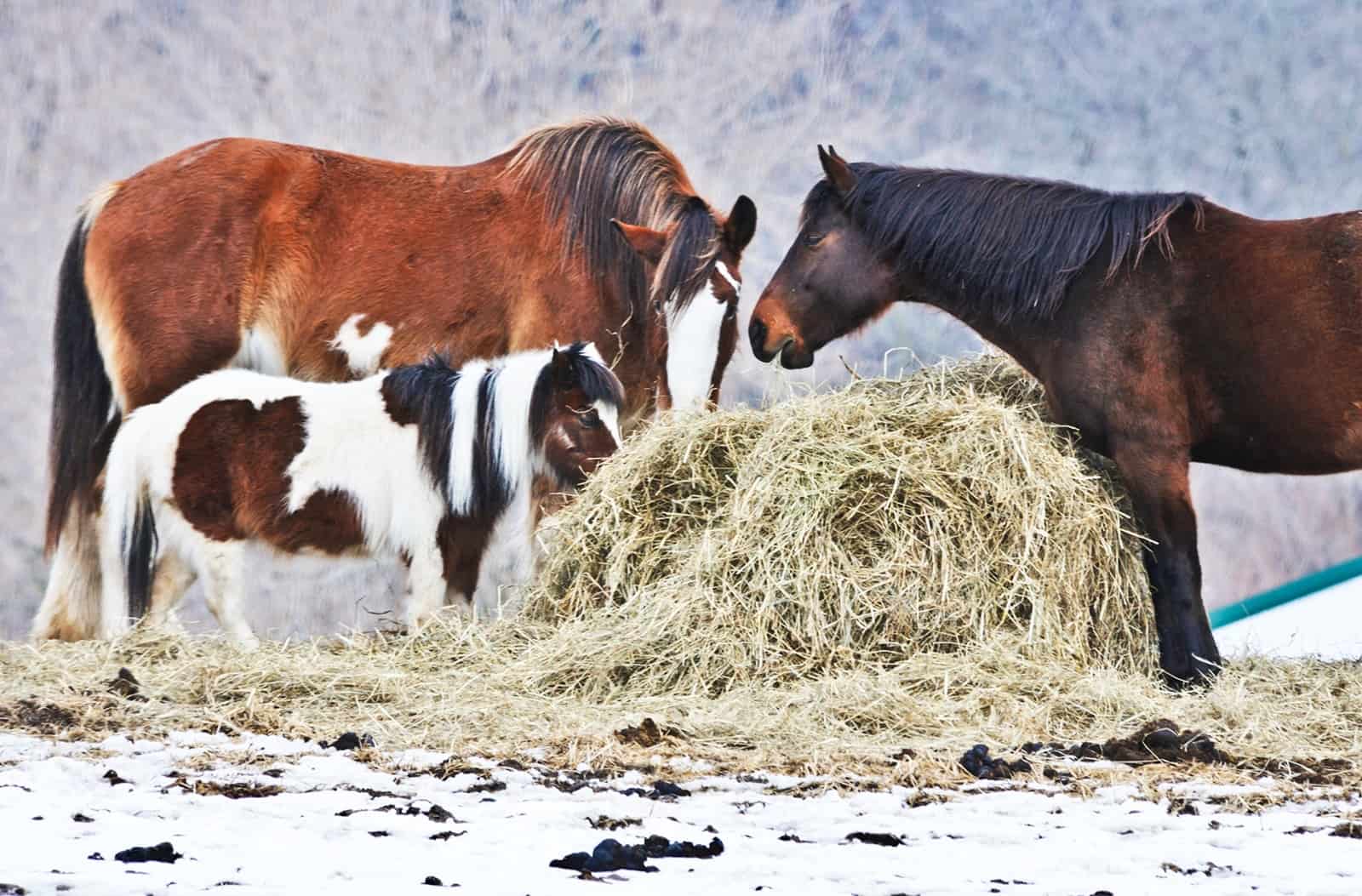Could Horse Breed Predict Colic Risk?

“Clinical impression suggests that some gastrointestinal lesions are more common in certain types of horses,” said Bettina Dunkel, DVM, PhD, Dipl. ACVIM, ECEIM, ACVECC, FHEA, MRCVS, a lecturer in equine medicine at the Royal Veterinary College, in the United Kingdom.
Recently, she and colleagues undertook a research project to explore the connection between breed and gastrointestinal lesions. They reviewed the medical records of 575 horses diagnosed with a variety of gastrointestinal lesions. Horses included in the study were classified as Miniature-type (standing less than 11 hands), pony (taller than 11 hands, but shorter than 14.2 hands), Arabian, light-breed (largely Thoroughbreds and Warmbloods), or draft-type
Create a free account with TheHorse.com to view this content.
TheHorse.com is home to thousands of free articles about horse health care. In order to access some of our exclusive free content, you must be signed into TheHorse.com.
Start your free account today!
Already have an account?
and continue reading.
Written by:
Katie Navarra
Related Articles
Stay on top of the most recent Horse Health news with












